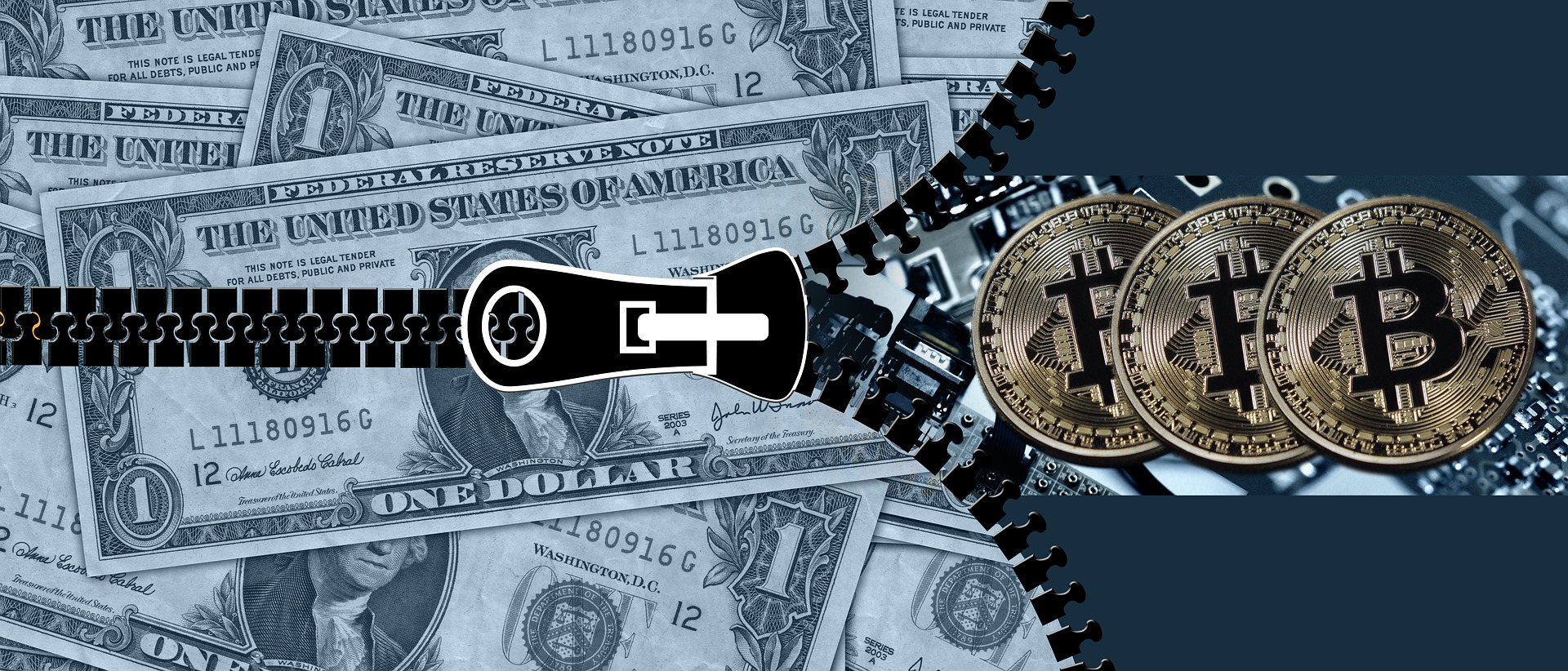
The Fed’s Power Grab
The Federal Reserve has recently suggested changes purporting to reduce the financial burden of banking on the least well off. They have discussed reforms including the creation of a central bank digital currency (CBDC), expanding programs which federalize payment clearing (FedNow), and providing federalized personal checking accounts (FedAccounts). Some advocates of these reforms see them as a means to end the use of paper currency.
Yet these highly centralized banking initiatives will do little to benefit the poor. They will do much to squander taxpayer dollars while threatening Americans’ privacy. Calls for the replacement of cash with digital currencies do not resolve key inefficiencies in banking—they merely create new ones.
Cash, for one, has real benefits. It provides rapid, universal, and unplugged payments to all parts of the population. Likewise, total digitization through CBDC, Federal checking accounts, or similar proposals would severely limit the ability of individuals without tech savvy to access and utilize currency.
Advocates of reform claim that cash allows criminals and tax evaders to avoid government control and prevents negative interest rates, which could be necessary in an economic emergency. This argument ignores the many benefits that cash provides in evading illegitimate or overly intrusive authorities. The paper dollar allows Zimbabweans to make payments without their government blocking them, Burmese to save money without confiscation, and ordinary Americans to not have the government looking at every dollar they’ve ever spent.
Unlike cash, individuals using, for instance, a CBDC, would have to provide substantial information to the government. This would likely include both the payor’s and recipient’s address, tax identification number, or other personal information. This would be impossible in most of the world. Ending cash would also make it increasingly difficult for the U.S. to conduct its foreign policy and aid programs, which often rely on cash transactions to pay for everything from construction projects to clean water. Cash still has a valuable role to play in our markets and decreasing cash volume would only further inhibit transactions.
Even without a ban on cash, creating a Fed CBDC would be a costly mistake. In February, researchers at the Federal Reserve published a report which identified the supposed benefits of a CBDC. They describe a CBDC as a sort of alternate retail deposit system, giving people “direct access” to the Fed’s electronic balance sheet, similar to what banks get when they hold “reserves”. Other advocates say it will allow us to compete with China for foreign deposits.
There’s no reason for the U.S. government to create and manage its own digital currency when private stable coins currently provide comparable value with more consumer flexibility. Direct access to the “Fed dollar” through a centralized currency is not necessary. Existing stable coins act like money market mutual funds, allowing both U.S. and foreign citizens to hold value denominated in dollars and defended by U.S. rule of law. While many private coins are currently undercapitalized relative to traditional money market mutual funds, the sector continues to grow and modernize. It will soon become an effective private sector alternative to banks, one that can be allowed with targeted regulation.
Shifts toward centrally managed digital currency are not the only misguided attempts to improve banking efficiency and inclusivity. Calls for federal payment clearing also complicate already efficient processes. In 2019 the Fed announced the “FedNow” program, which is advertised as a new “real time payment” (RTP) system for transactions. The traditional system batches payments and clears them in one to three days. The argument against this system is familiar: the poor are punished by not having payments clear immediately and the federal government needs to step in to help them. Yet, the Clearing House, a private inter-bank organization, already has an RTP system which is accessible to most banks and most banking customers in the nation. Participation in this existing RTP system is not universal because real time payment clearing isn’t actually an issue for most people, and direct deposits usually clear on the same day in any case. In this instance the need for a federally controlled clearing process simply isn’t justified or demanded by consumers.
At the same time Morgan Ricks, who has many followers in the current administration, has advocated for Federal Reserve retail deposits, “FedAccounts” since 2018. The idea is that the Fed would provide public checking accounts for individuals, supposedly to eliminate fees to the least well off and reduce under banking. It’s proposed as a “public option” for banks. Like the public option for healthcare, this proposal ignores all the advantages the federal government gets when running a business (e.g., no taxes and no need to pay real cost-of-capital), while simultaneously pretending that private banks merely provide free checks and a debit card—ignoring all of the areas of checking management where the federal government lacks expertise.
Getting the federal government more involved in our payment system should give average Americans concern. More financial independence and flexibility should be the goal, not less. We should remember what happened when the government once tried to insert itself further in our payment system. When the U.S. Supreme Court said in US v. Miller that individuals had no privacy rights in their bank accounts and that government-regulated banks could and should disclose everything to the government, Congress was appropriately horrified. They soon passed the Right to Financial Privacy Act of 1978 to require regular warrants. These protections were subsequently watered down in the Electronics Communications Privacy Act of 1986 and PATRIOT Act of 2001. Now the government can gather private account information without court orders and can encourage holds on your accounts with tenuous evidence. Already, under “Know Your Customer” regulations, banks are required to report any sort of “suspicious activity” to the government.
The people’s representatives should be giving the private sector room to innovate while strengthening our personal banking privacy, not chasing notional inefficiencies in the name of centralization.
Nothing outside of placing cameras in your home is more dangerous than the government knowing every dollar you’ve ever spent. We need to reinvigorate regular banking privacy as part of a move to prevent the government from banning (or underselling) private bank accounts, cryptocurrencies, and cash with CBDCs or other proposals. An effective banking sector helps to ensure individuals have the flexibility to make purchases, investments, and exchanges with ease. Government overreach through a CDBC and private account management only leads us further from these goals.

Stay Informed
Sign up to receive updates about our fight for policies at the state level that restore liberty through transparency and accountability in American governance.
